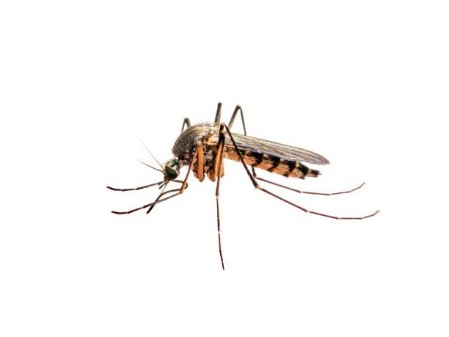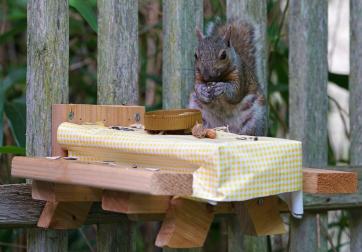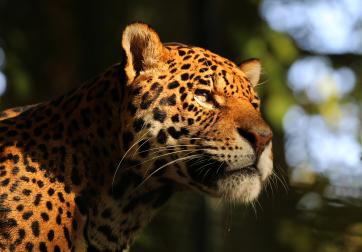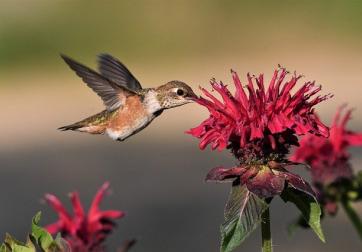
Mosquitoes are the vectors for numerous diseases afflicting humans. According to the American Mosquito Control Association, over one million people die from mosquito-borne diseases yearly. More than any other organism, mosquitoes cause more human suffering. Diseases associated with mosquitoes are malaria, chikungunya, dog heartworm, dengue, yellow fever, eastern equine encephalitis, St. Louis encephalitis, La Crosse encephalitis, West Nile virus, and zika virus.
To wage a successful strategic attack against the Enemy, you must be knowledgeable of the mosquito. Mosquitoes are attracted to humans’ body sweat and carbon dioxide (what we exhale). Sweating is part of the human body’s cooling system. If people cannot sweat, they will become overheated and may contract heat stroke and perish. People need to sweat or, as the ladies would say, “perspire.” Breathing also is a vital function of the body -- we can’t change that! We can wear long pants, long skirts, and long-sleeved shirts with tight weaves to prevent mosquito penetration. Mosquitoes generally swarm close to the ground and view upward toward the sky. You may want to wear light-colored clothing during the day and dark-colored clothing at night. Mosquitoes are easily blown away by the wind. The peak time they attack is at dusk or dawn when the wind is calm. On the patio, fans blowing away from you are a great deterrent! Remove their breeding areas of small pools of water. Even the shallowest pool of water may have hundreds of mosquito larvae growing.
Make plants that mosquitoes detest a part of your landscape. Basil (Ocimum americanum), bee balm (Monarda), catmint (Nepeta x faassenii), catnip (Nepeta cataria), cedar (Thuja spp.), floss flowers (Ageratum), garlic (Allium sativum), lavender (Lavandula angustifolia), lemon balm (Melissa officinalis), Mexican marigold (Tagetes lucida), eucalyptus, mint (Mentha), pineapple weed (Matricaria), pitcher plant (Nepenthes alata), wormwood (Artemisia), rosemary (Rosmarinus officinalis) and sage (Salvia officinalis) are a few to stand guard in your landscape. Rosemary and sage burnt at a campfire will deter mosquitoes.
Remedies that do not work are citronella candles; ultrasonic devices; eating bananas or garlic; mouthwash rubbed on your skin; high tech-traps, and DEET-scented bracelets.
DEET does work if used properly. Spray a little on your hands, then rub where the skin is thin, such as ankles, elbows, wrists, and forehead. DEET can cause allergic reactions, but it is rare. Be cautious.
Remember: Mosquitoes cause more human suffering than any other organism. Don’t be a victim! Be on the offensive and take the battle to the mosquito!

National Garden Clubs, Inc. is a 501(c)(3) organization that aims to promote the love of gardening, floral design, and civic and environmental responsibility. There is a local club near you, click here to find one and join. Subscribe to the NGC’s blog by entering your e-mail here. You do not have to be an NGC member to subscribe. NGC welcomes blog article submissions, e-mail the Blog Administrator at blog@gardenclub.org.
2 Comments
President of Madison Garden Club, Lake County, Ohio
Thank you for this important information as mosquito season is upon us. Wow, some company is making lot of money n those citronella candles.
SALT AIR GARDENERS - OCEAN VIEW, DE
Very helpful. Thank you. I can attest to the fact that electronic devices do not work. Save your money ey and invest in those wonderful plantings me tioned above.

 Board Member Login
Board Member Login Our Store
Our Store Blog
Blog





